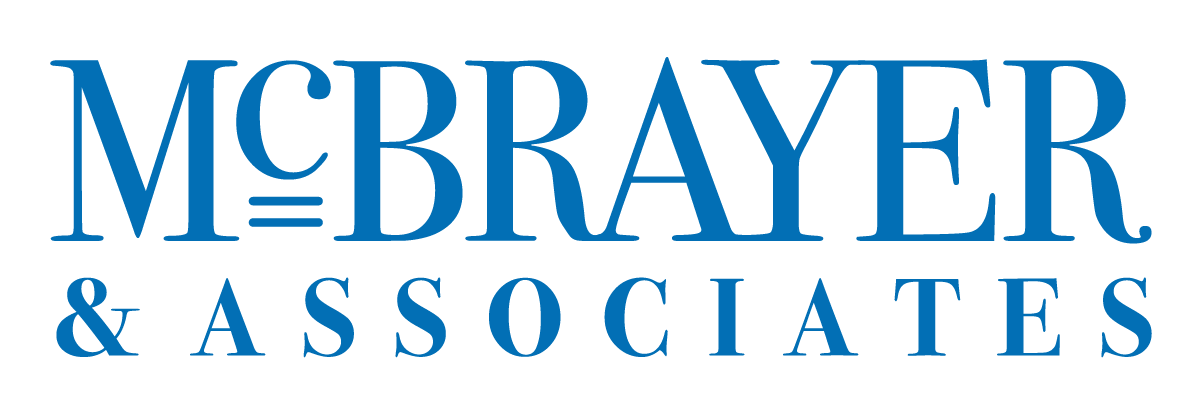Why Is It Important to Build Rapport?

The first time you meet with a prospect, their fear of you is high because you have no credibility with them.
They don’t necessarily distrust you, but you have yet to earn their trust. Remember the first time you needed to borrow money? You didn’t have bad credit. You had no credit. It’s the same at the first meeting with a prospect: they don’t know that you will waste their time, but they suspect that you will. The only reason for this is because they just don’t know you yet.
As you increase your credibility, your prospects fear of you decreases in direct proportion, and that is exactly what we want. In order to start this decrease in fear as soon as possible, the client should bring value in regards to what the client is most interested in—and all this should happen before the buying process begins.
What are My Clients’ Interests?
The best way to learn how to talk to clients effectively is to ensure that you talk to them about their interests. Every client is interested in three main things:
- Themselves
- The marketplace
- How the marketplace can affect them.
How to Talk to Clients about Their Interests
The business relationship should begin long before the first actual meeting, though—ideally, you as the seller bring value the very first time you talk to your prospect.
The best way of how to build a good rapport is through the Education-Based Briefing tool. The idea behind the briefing is that it provides value in two main ways:
- Trends and statistics about the market that your prospect does not already know
- New ways of seeing the same information
When done correctly, the briefing positions the sales representative as an expert, which raises your credibility and builds rapport.
What Not to Talk About
In conjunction with the rapport building tips above, remember that your education-based briefing is not about your company, your products, nor your services.
All of that information is classified in selling, and selling is what we the seller wants to avoid. Selling is the first, most resounding way that sellers break rapport. Your customers are interested in the three things listed above (themselves, the marketplace, and how the marketplace can affect them). They are not interested in you, your company, your products, or your services—at least, not yet.
How to Create an Agenda for a Business Meeting
There is are several ingredients when developing how to build a rapport with a customer. Although you definitely don’t have to use all of the recommendations below, there are many to start from:
- Market patterns
- Failure rates
- Expert projections
- Patterns of problems
- Problems with solutions
- Segmentation breakdowns
- Common mistakes
To be sure, there are plenty more, but to build rapport and credibility with a prospect, you should talk about what your clients are interested in. Because we know the top three things that interest your prospect the most, we should utilize them to our advantage.
Remember, this early in the buying process, your prospect does not know you, they do not trust you, and they do not know your value. By giving them something valuable right away (the information they care about most), not only do you start the conversation, but you establish that your value to them could be monumental. Showing your value through giving your prospects something they need is the best way how to build rapport with clients.
The Mechanics Behind these Rapport Building Tips
In order to provide something valuable that helps us through building rapport and credibility, we first have to find the value. Although this part can be time-consuming on the front end, it will absolutely pay off in the long run.
The most reliable places to find this valuable information are resources like these:
- government websites
- industry journals
- trade associations
- industry blog
- industry magazines
Many industries also have leaders that provide State of the Industry Webinars at no charge.
How to Build Rapport with Clients through Credibility
One important aspect of building a briefing is documenting your sources. This helps you by providing a credible, third party source, demonstrating that you are not pushing an agenda, and showing that you are only trying to establish a relationship with them.
We should also note that your prospect will not always agree with your data, but you should not feel as though you need to defend it—after all, you do not own it. If it is a credible and documented source, though, the most likely disagreement is that the research is a national number and not the case in their smaller market. One other possible disagreement is that your research will likely be based on national averages, and your buyer is not average, but above or below.
Even when your prospect disagrees, you have started a conversation, and that is the main goal of the first business meeting, building rapport and credibility.
Photo by Michal Jarmoluk.
